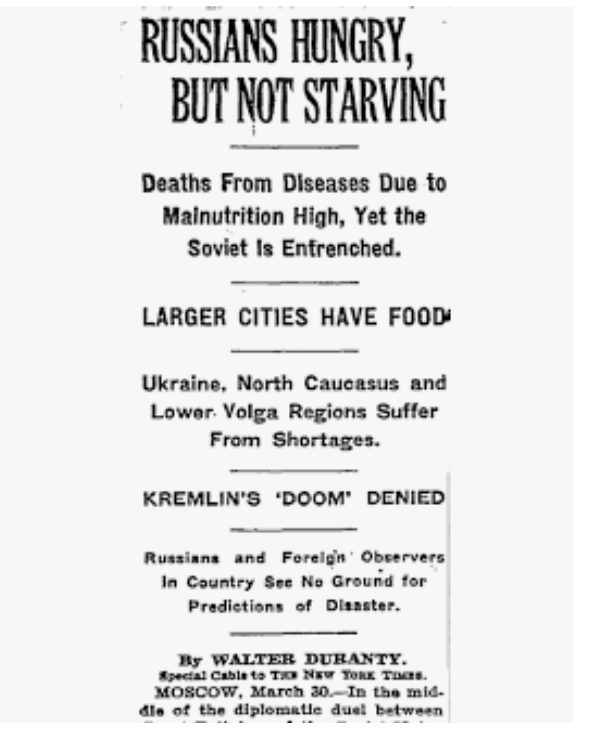It was always a misplaced trust, so we've just reverted to norm
/Gallop Poll: Americans’ mistrust of media hits a new low.
Gallup revealed Tuesday that the percentage of people who have “no trust” in journalism outpaces a “great deal/fair amount” for the first time ever.
“Just 7% of Americans have ‘a great deal’ of trust and confidence in the media, and 27% have ‘a fair amount,” said Gallup in dishing up the depressing news for media outlets.
“Meanwhile, 28% of U.S. adults say they do not have very much confidence and 38% have none at all in newspapers, TV and radio. Notably, this is the first time that the percentage of Americans with no trust at all in the media is higher than the percentage with a great deal or a fair amount combined,” according to the survey analysis.
“Americans' trust in the media remains sharply polarized along partisan lines, with 70% of Democrats, 14% of Republicans and 27% of independents saying they have a great deal or fair amount of confidence,” said Gallup.
For some odd reason, I happen to be regularly polled by Gallup, and I’m gratified to see that my response to this question was tabulated. But the press has always been partisan and untrustworthy: the first papers in our country were established by political parties for the purpose of attacking their enemies, and that heritage remains intact. Somewhere in the beginning of the last century, some publishers began to pretend that they were impartial reporters of facts, and much of the public swallowed that hornswoggle, especially when Walter Cronkite showed up every evening to recite the daily propaganda. At the conclusion of his show, Uncle Walt would remove his glasses and solemnly intone, “and that’s the way it is”, and a majority of Americans believed him. Fortunately for the sake of the nation, Cronkite’s successor Dan Rather put an end to that charade back in Bush II days, and our natural skepticism began to rewaken.
The point is, “objective reporting” was always just a farce, a false claim to add dignity to an ignoble profession, and so to complain that the media is slanted and partisan is merely to complain that the sky is blue.
While we’re on the topic, let’s not forget that, partisanship aside, most of what’s fed to us as “news” has been prepared by silly, ignorant dolts, and should be accorded the same respect due a bowl of oatmeal.
Media carries with it a credibility that is totally undeserved. You have all experienced this, in what I call the Murray Gell-Mann Amnesia effect. (I refer to it by this name because I once discussed it with Murray Gell-Mann, and by dropping a famous name I imply greater importance to myself, and to the effect, than it would otherwise have.)
Briefly stated, the Gell-Mann Amnesia effect is as follows. You open the newspaper to an article on some subject you know well. In Murray's case, physics. In mine, show business. You read the article and see the journalist has absolutely no understanding of either the facts or the issues. Often, the article is so wrong it actually presents the story backward—reversing cause and effect. I call these the "wet streets cause rain" stories. Paper's full of them.
In any case, you read with exasperation or amusement the multiple errors in a story, and then turn the page to national or international affairs, and read as if the rest of the newspaper was somehow more accurate about Palestine than the baloney you just read. You turn the page, and forget what you know.
That is the Gell-Mann Amnesia effect. I'd point out it does not operate in other arenas of life. In ordinary life, if somebody consistently exaggerates or lies to you, you soon discount everything they say. In court, there is the legal doctrine of falsus in uno, falsus in omnibus, which means untruthful in one part, untruthful in all. But when it comes to the media, we believe against evidence that it is probably worth our time to read other parts of the paper. When, in fact, it almost certainly isn't. The only possible explanation for our behavior is amnesia.

